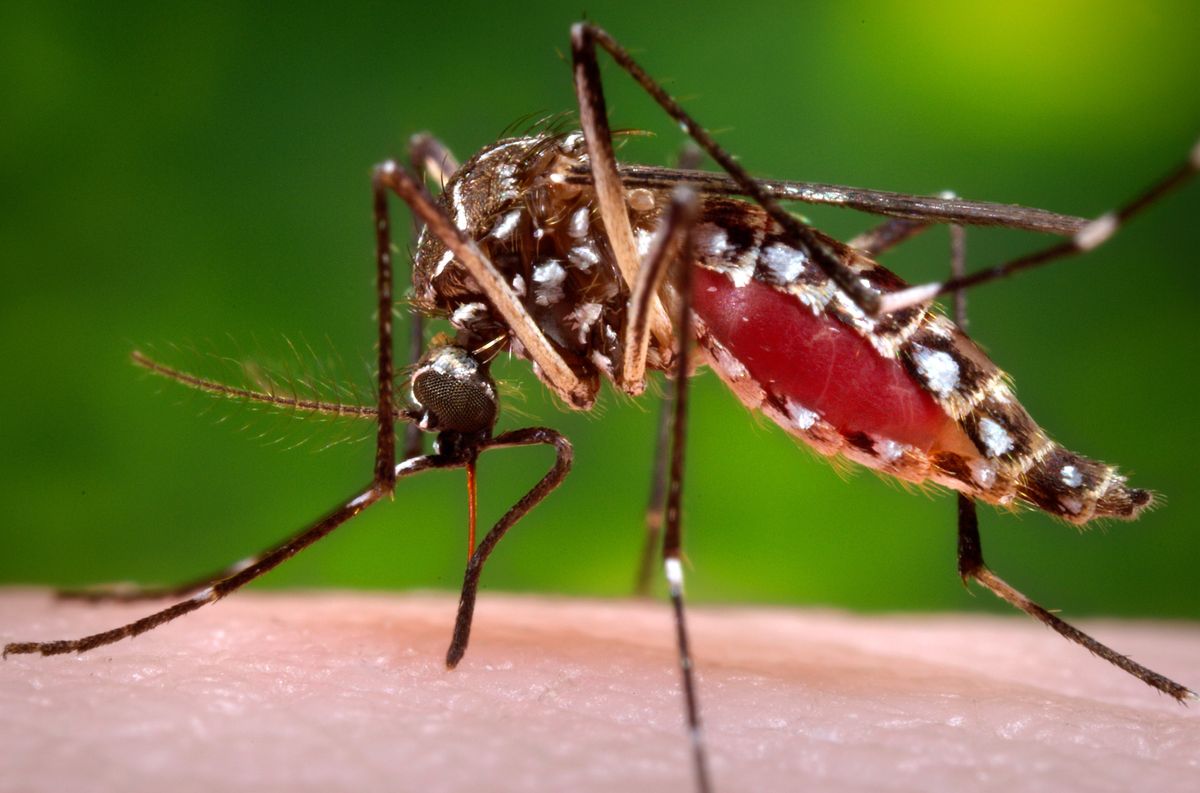First Slovak Suspected of Having Zika Virus in Presov Hospital

Bratislava/Presov, February 25 (TASR) – The Public Health Authority (UVZ) reported he first case of a patient suspected of being infected with Zika virus in Slovakia, RTVS was the first one to report about the situation on Thursday and UVZ spokesperson Lenka Skalicka confirmed this to TASR on the same day.
The patient in question is a woman hospitalised in Presov, where she was accepted on Wednesday. The woman returned from South America with symptoms of unspecified virus without serious development.
“Samples of urine and blood were taken from the patient today in order to identify the presence of Zika virus,” said the hospital’s spokesperson Renata Cenkova, adding that the samples are now to be analysed in cooperation with a laboratory in Hamburg, Germany. Cenkova wasn’t able to tell when the test results would come in.
“Concerning the virus, the authority has prepared a proposal of a regulation of Slovak Chief Health Inspector that is currently in the process of approval by competent experts,” said Skalicka.
Slovaks that have visited countries affected by Zika are prohibited to donate blood 28 days after leaving these countries, the National Transfusion Service (NTS) reports on its website. The concerned areas are countries in the South and Central America, the Caribbean and also Cape Verde, about 570 km off the coast of Western Africa. Brazil was the first country to report infection with Zika via transfusion.
In its travel advice, the Foreign and European Affairs Ministry recommends women to reconsider planned journeys to affected areas. Many experts think that it is Zika that is responsible for the increase of occurrence of babies born with abnormally small heads, a defect known as microcephaly.
Zika is a virus transmitted by mosquitos, specifically the yellow fever mosquito (Aedes aegypti). The species isn’t spread in Europe, according to the health inspectors.
The virus can be transmitted via the placenta from mother to child, there have also been confirmed cases of transmission via sexual intercourse, and also the aforementioned blood transfusion.
According to available information, in up to 80 percent of the cases of infection there are no clinical symptoms and the infected person sometimes doesn’t know they have the virus. Approximately 20 percent of the infected experience its symptoms.
Symptoms are usually mild and last two to seven days, among the main ones are increased temperature, aches of joints and also swelling of mainly smaller joints on hands and feet and also general flu-like symptoms. The incubation period is 3-12 days.
“The treatment of symptoms is about taking regularly available medication against pain and fever and in sufficient water consumption. There isn’t a specific treatment yet,” said Skalicka.



